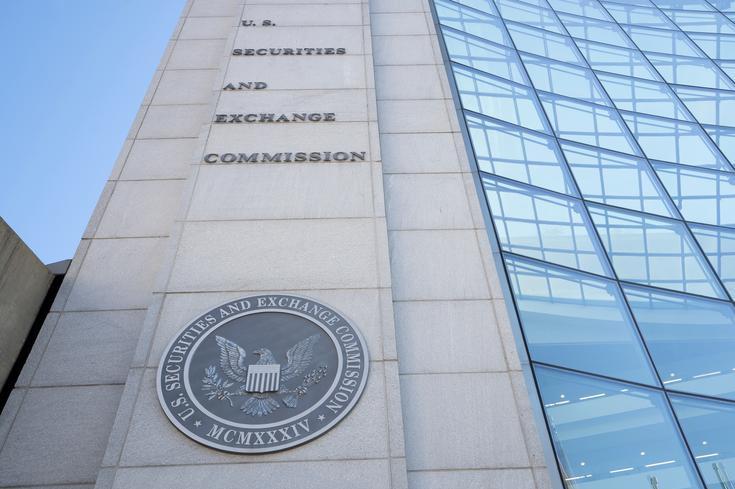SEC no-action relief and EC Statement on MiFID II research payments
Published: 30 October 2017

On 26 October the Securities and Exchange Commission (SEC) Division of Investment Management and Division of Trading and Markets issued three no-action letters to facilitate access to research by market participants that will become subject to the rules of MiFID II as of 3 January 2018. These no-action letters were much anticipated by industry are intended to permit market participants to comply with MiFID II whilst respecting the existing U.S. regulatory structure. The no-action letters are as follows:
- Broker dealers accepting hard dollar payments – Broker dealers may receive hard dollar research payments from money managers, directly or from RPAs, for 30 months following the entry into effect of MiFID II (until 3 July 2020) without being considered to be an investment adviser further to Section 202(a)(11) of the Advisers Act 1940. The money managers paying for research must be themselves subject to the obligation to make research payments via P&L or Research Payment Account (RPA).
- Money managers relying upon “SMC Capital” – Money managers may continue to aggregate orders for mutual funds and other different clients that may involve some clients paying different amounts for research due to MiFID II. The SEC will not enforce under Section 17(d) of Investment Companies Act 1940 or Section 206 of the Advisers Act, as long as the money manager is acting in accordance with the principals behind the decision in “SMC Capital” and preventing any account being systematically disadvantaged;
- Money managers relying upon the Section 28(e) Exchange Act safe harbour – money managers may continue to rely upon the existing safe harbour when, in addition to the obligations under Section 28(e): research charges are paid to an executing broker-dealer out of client assets alongside payments to that broker-dealer for execution; research payments are for research services eligible for the Section 28(e) safeharbour; the executing broker-dealer effects the securities transaction for the purposes of Section 28(e); and the executing broker-dealer is legally obliged through contract with the money manager to pay for research through the use of an RPA in connection with a Client Commission Agreement (CCA).
The SEC noted that the no-action relief is also intended to give SEC staff more time to better understand the evolution of business practices post-MiFIDII. The SEC indicated that it will assess impact of the MiFIDII unbundling rules on the research marketplace in order to determine whether specific future action may be necessary – including possible rulemaking. The SEC is encouraging stakeholders to provide data and other information regarding the impact of MiFIDII on the quantity or quality of research, as well as the impact on investors and broker dealers. AIMA will be monitoring member experiences following 3 January 2018 with a view to submitting comments in due course.
Meanwhile, the European Commission also published its own statement containing two Q&As for MiFID II portfolio managers and their third-country sub-advisors. The Q&A include confirmation that:
- A single commission may be paid to a third country broker as long as the payment attributable to research can be identified, and the relevant budgeting etc. obligations are met; and
- The MiFID II firm/third-country sub-advisor is responsible for identifying a separate charge for research supplied by third-country broker dealers. This may be identified in consultation with third-parties, including the broker-dealer, in the absence of a separate invoice.
The EC caveats that these Q&A are not an authoritative interpretation of the law and do not prejudice any view the EC may have in legal proceedings before the CJEU. Nonetheless, these hopefully give some further guidance to cross-border managers when seeking to implement MiFID II policies and processes.
If you have any follow-up questions or comments on any of the above, please contact Adam Jacobs-Dean, Oliver Robinson or Adele Rentsch.






